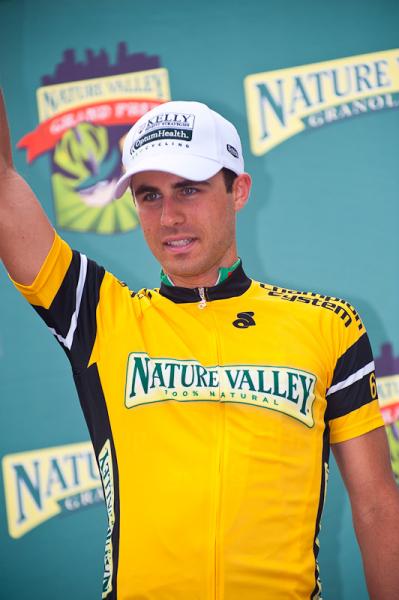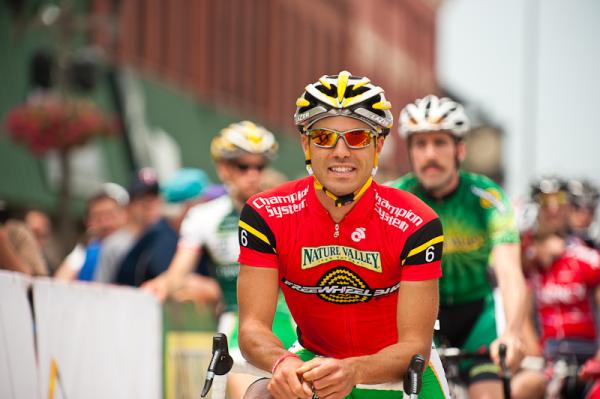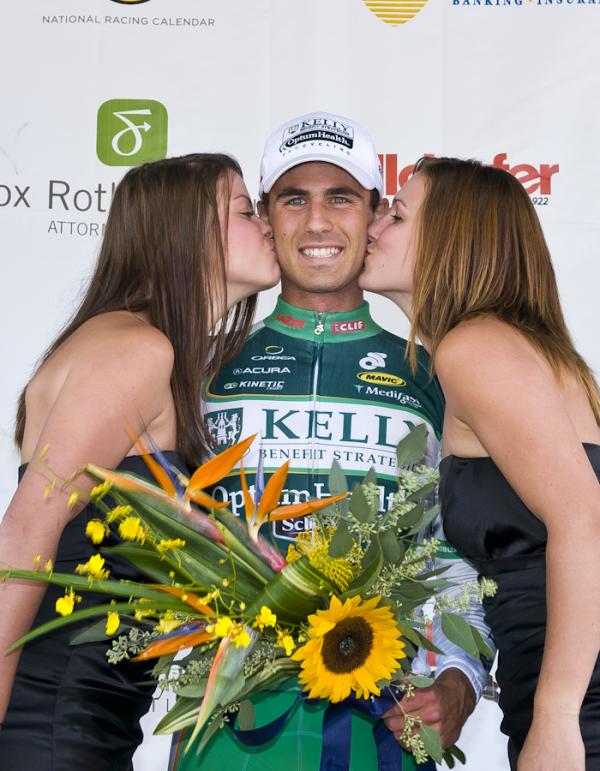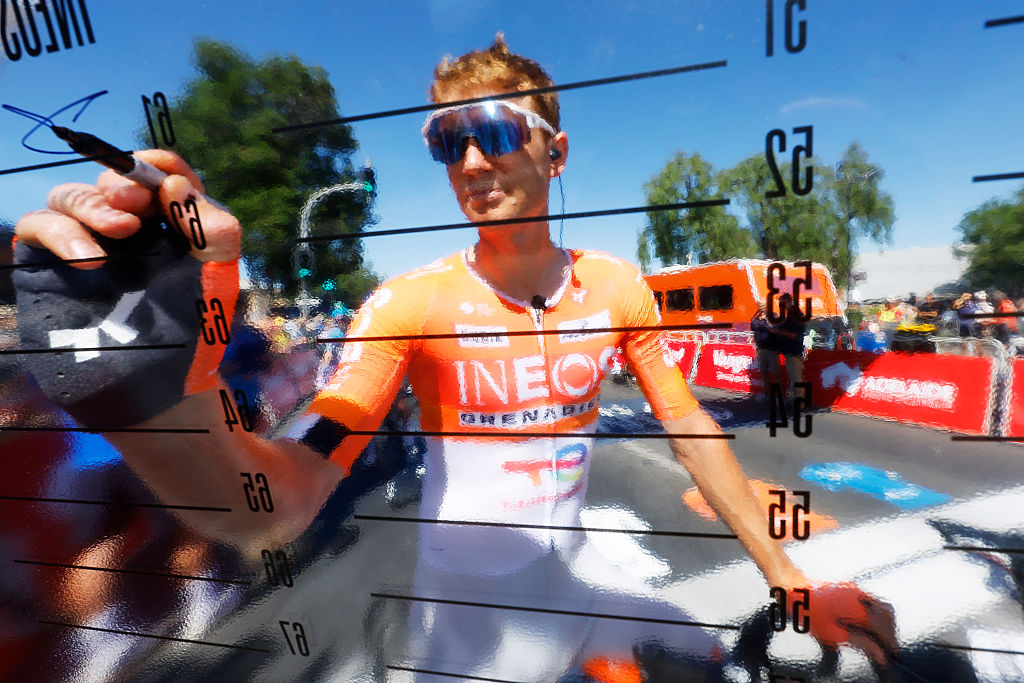Anthony calls on riders to ensure clean sport
Two-year bans not enough, says Optum rider
The latest race content, interviews, features, reviews and expert buying guides, direct to your inbox!
You are now subscribed
Your newsletter sign-up was successful



Optum Pro Cycling's Jesse Anthony said this week he believes he and his fellow pro cyclists need to take a greater role in cleaning up cycling and making sure it stays clean.
"The riders themselves have the biggest stake in this," he told Cyclingnews Thursday. "So we need to band together and take responsibility to create a clean, credible racing environment from now on."
Anthony used the power of social media earlier this week to try and spread his message. "I am not going to be bitter, angry or accusational; that doesn't help," Anthony tweeted. "I just want to help create a fair, credible environment in cycling." The 27-year-old, who has been a UCI Continental rider since 2006 and has ridden with Optum Pro Cycling-Kelly Benefit Strategies since the 2010 season, said that unlike what occurred with the UCI's decision to ban race radios, riders need to stick together to make sure their voices are heard this time around.
"I think the first thing we need to do is send the message that we are not OK with this," said Anthony, who won the opening stage at the Tour of Utah in 2011 and the overall at Nature Valley Grand Prix that same year. "We're not OK with doping, organized or individual. We're not OK with competing against guys who are cheating."
One of the ways cyclists can help clean up the sport is to push for tougher penalties for doping infractions, Anthony said. A two-year ban is not enough of a deterrent if riders were immediately welcomed back into the sport after serving their suspension. Anthony also advocated levying fines for doping infractions and then funneling that revenue into more frequent testing and more effective testing methods.
But on the subject of fairness surrounding USADA's deal with all of the former Lance Armstrong teammates who admitted doping in their USADA affidavits in return for reduced six-month bans, Anthony had little to say, preferring instead to focus on the future.
"We could sit around and be bitter and yell about what they should or should not get or whether they should be fired," he said. "I really don't put much thought into what should happen with the riders who have confessed to doping for most of their careers. I hope they use their knowledge and power to help create a clean racing environment in the future. Those guys did what they did, but I don't think that should affect what direction we go now and where or how we stop doping."
The latest race content, interviews, features, reviews and expert buying guides, direct to your inbox!
As a realist, Anthony doesn't believe cycling will ever be completely clean of banned substance use, in the same way that the world won't be free of cheating as long as humans roam the Earth. It's sentiment expressed in an earlier Cyclingnews interview with SmartStop-Mounatin Khaki's rider Adam Myserson, an outspoken anti-doping advocate who is contemporary of Armstrong, Hincapie and many of the other riders who used banned substances in the US Postal and Discovery eras.
"We know that we're not going to get rid of doping completely, the same way we're not going to get rid of people cheating on college exams or people on Wall Street gaming that system," Myserson said. "Until you ban humans, you're not going to ban cheating. But you can create cultural change, and you can change the culture of the previous generation that discovered doping was part of the culture and didn't feel that they were in a position to stay in the sport and change it. I think it's different now."
Part of the difference is a peloton that is willing to talk openly about the subject. It's something both Myerson and Anthony advocate, but that sometimes can be hard to coax out of their fellow riders.
"I am overwhelmingly frustrated by it," Myerson said. "I realize I am more outspoken and comfortable being open with what's on my mind than some other people are, but this is how you change the culture, by being outspoken and being plain about what the situation is."
Anthony said that another way to change the culture, while cycling has this opportunity to hit a "reset button," is to reexamine not just the disincentives for doping but also the incentives for racing clean.
"Right now the motivation to race clean, aside from your own moral decision, is fear of the consequence if you get caught – a two-year suspension," Anthony said. "I'd like to see more of a positive incentive to race clean. I don't think the fear of getting caught is really going to end the doping problem in cycling, we need to encourage clean racing in some sort of positive way, but I don't really know how to go about that."
Growing up in Missoula, Montana, Pat competed in his first bike race in 1985 at Flathead Lake. He studied English and journalism at the University of Oregon and has covered North American cycling extensively since 2009, as well as racing and teams in Europe and South America. Pat currently lives in the US outside of Portland, Oregon, with his imaginary dog Rusty.
